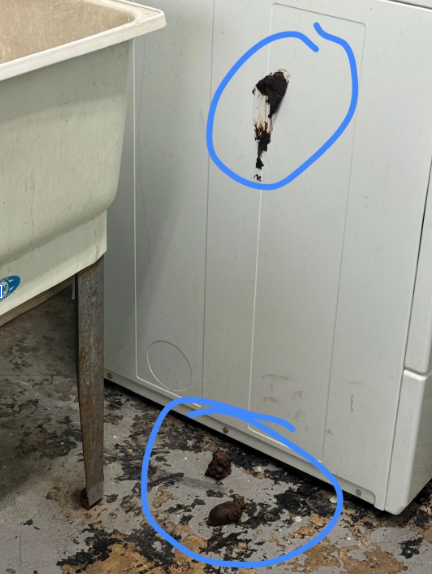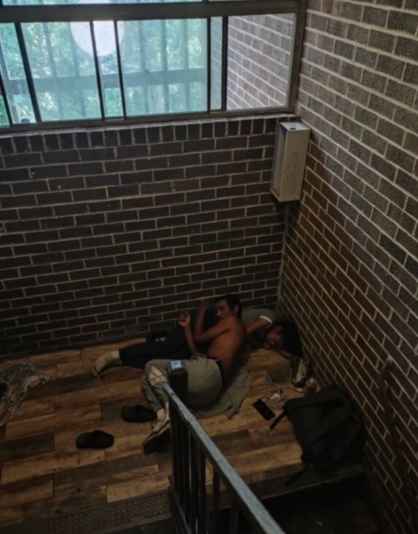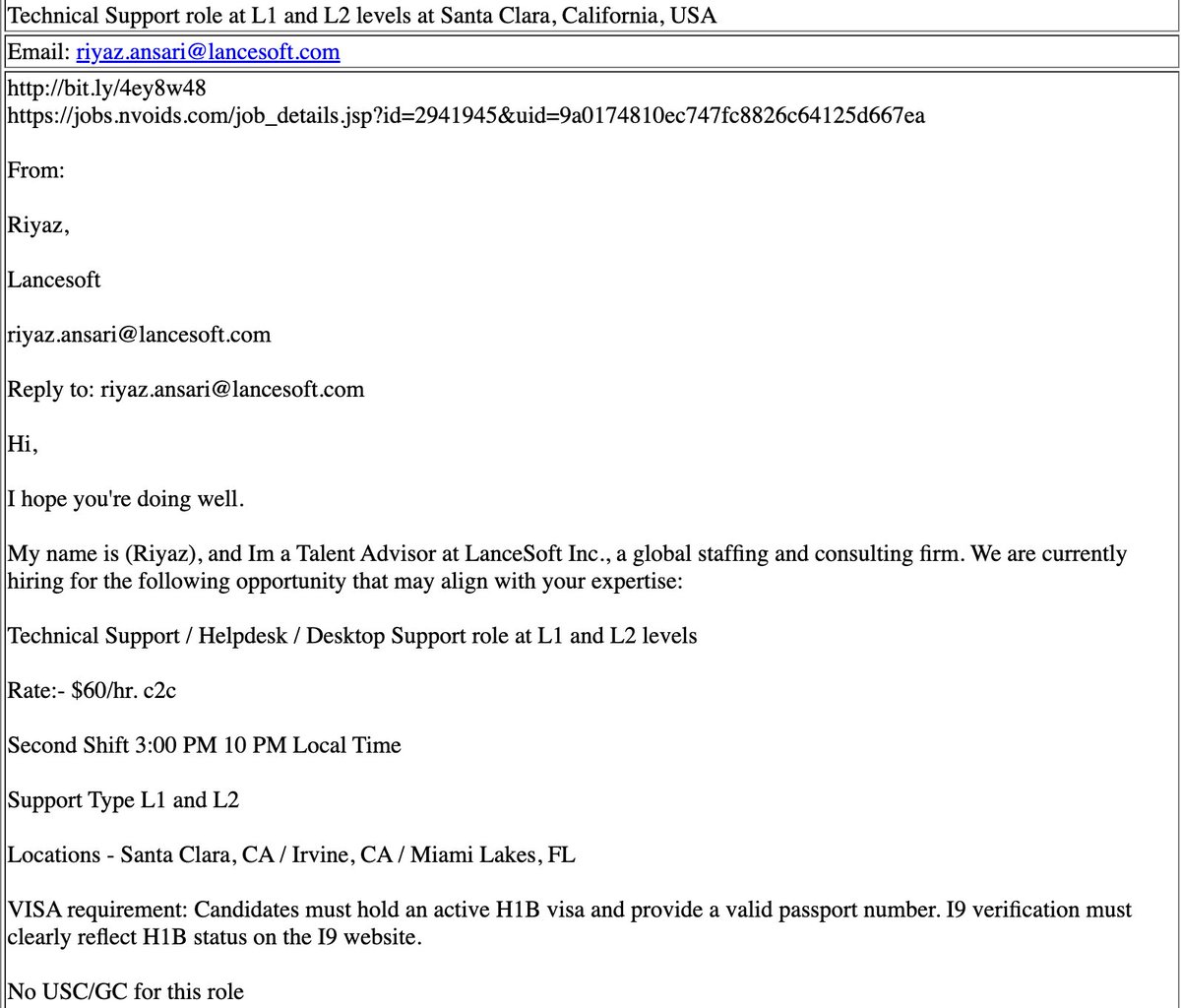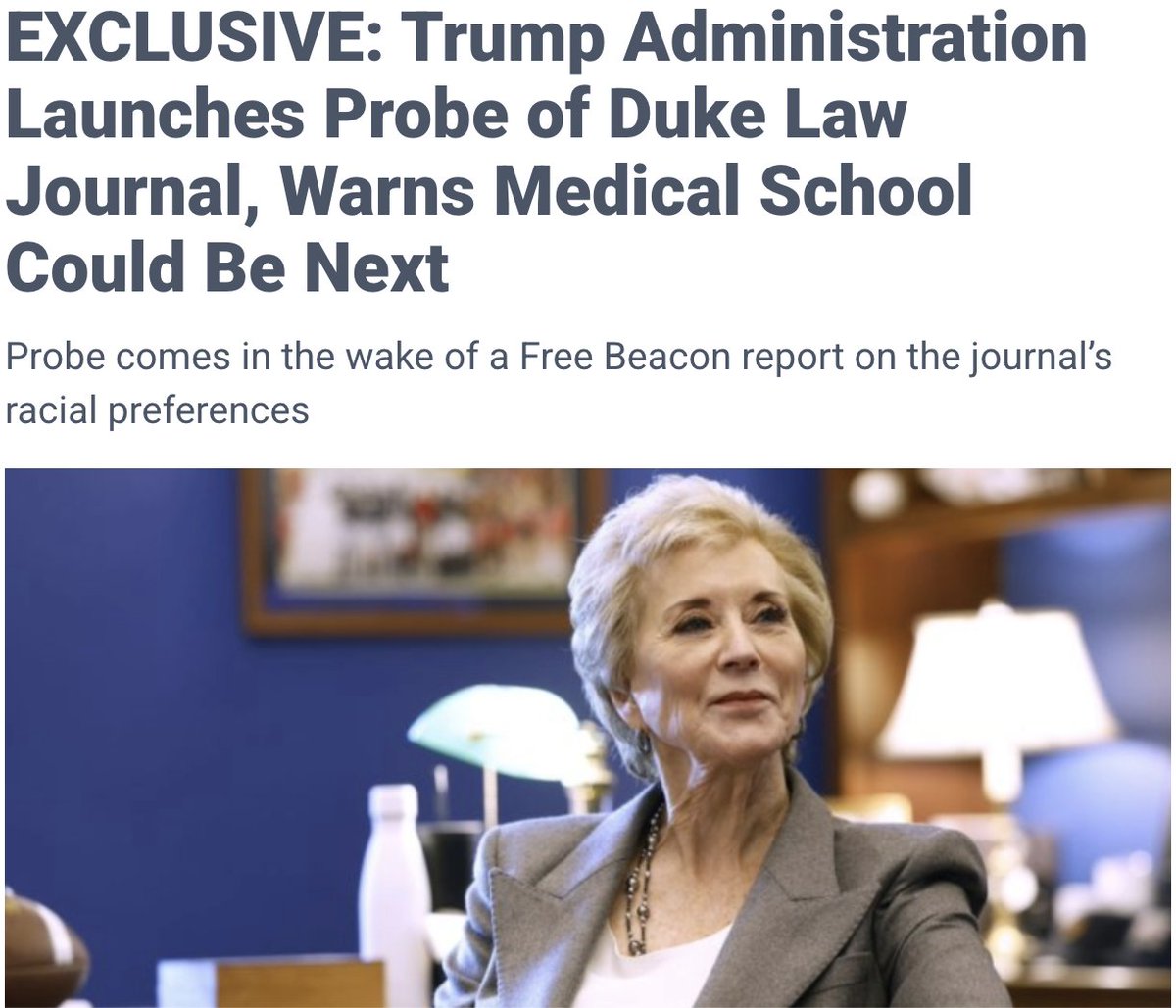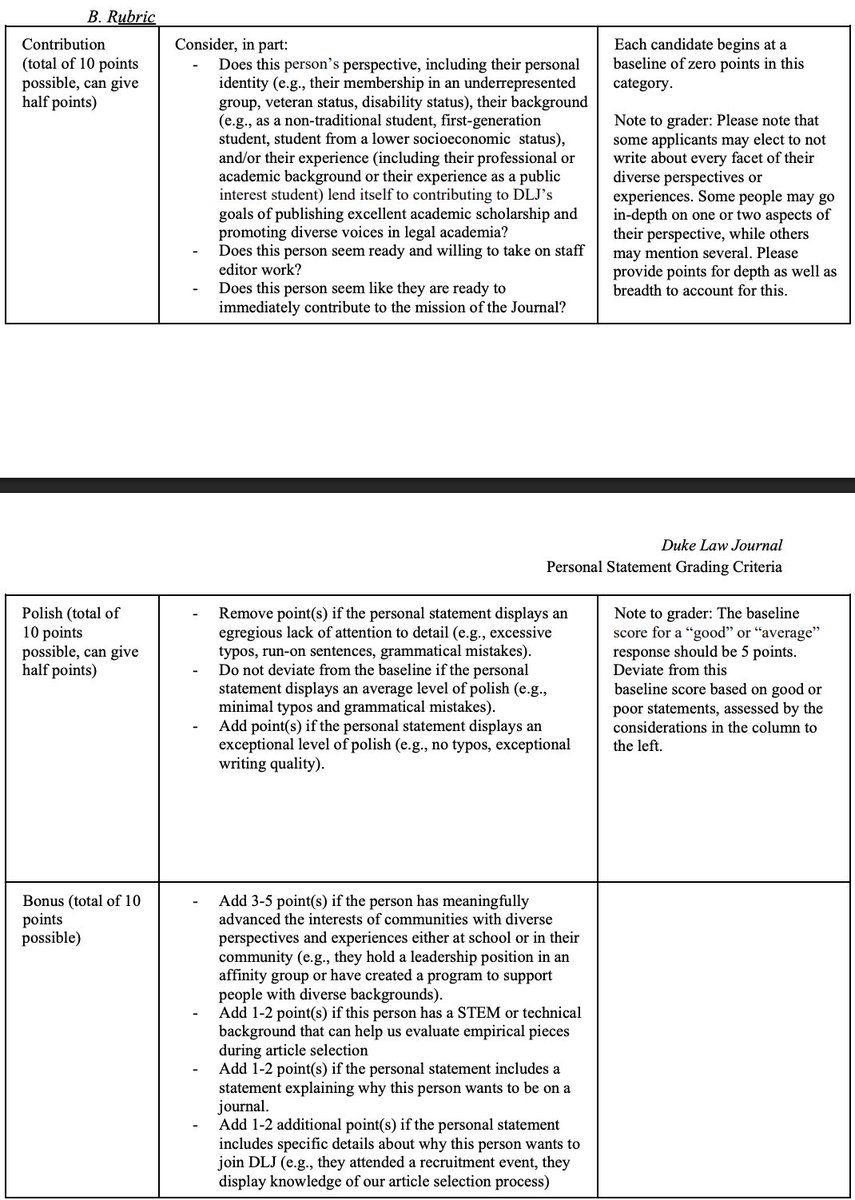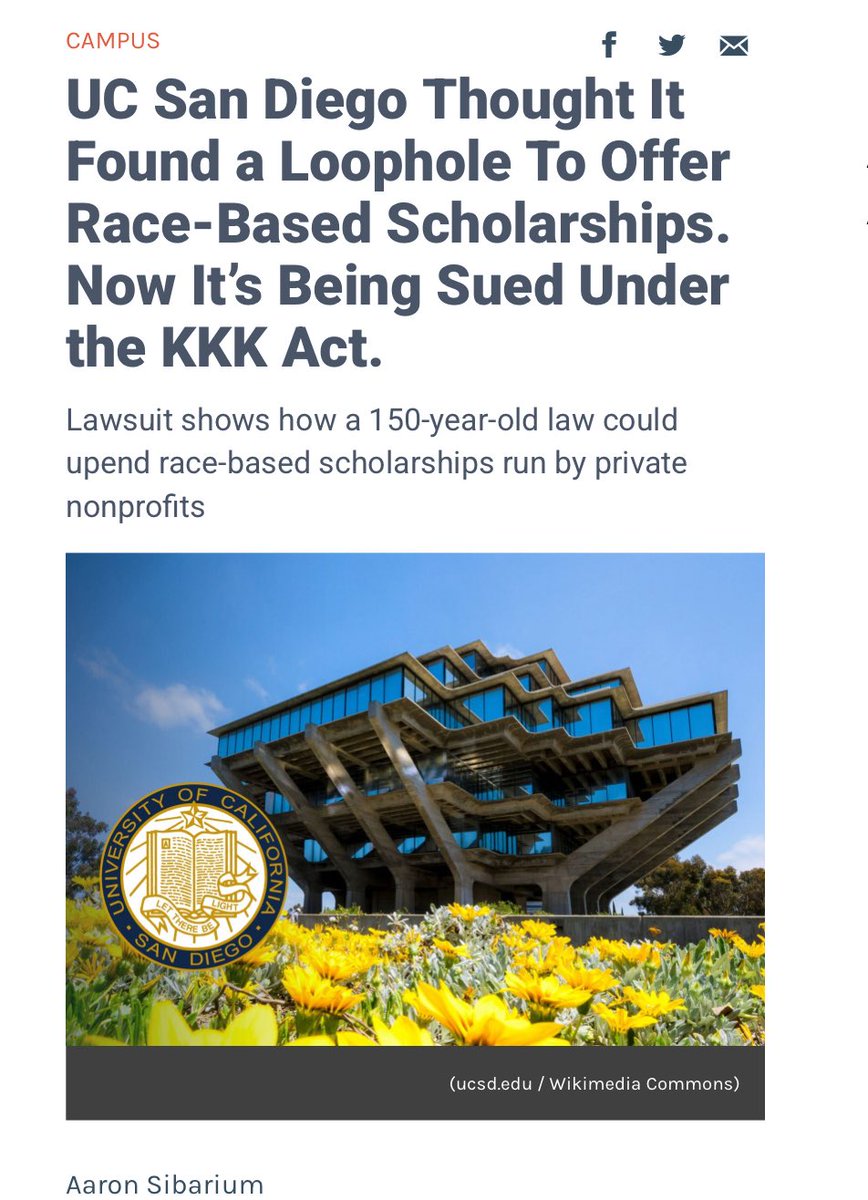EXCLUSIVE: The FBI is investigating social media posts by at least seven different accounts that appeared to indicate foreknowledge of the assassination of Charlie Kirk, according to three people familiar with the investigation and screenshots obtained by the Free Beacon.🧵 







The posts—one of which referenced the date of Kirk’s assassination, September 10, more than a month before it took place—were all deleted in the days following the killing.
Several of the accounts appear to belong to transgender individuals, and at least one of them followed suspect Tyler Robinson's roommate, with whom Robinson was allegedly in a relationship, on TikTok. 



The FBI has received archived copies of the posts, according to a person who flagged them for the agency. Screenshots of the posts have been circulating online but had not been previously authenticated.
While the posts do not establish that any of the individuals knew or conspired with Robinson, the 22-year-old gunman who allegedly shot Kirk, several of them mention the conservative activist by name and fantasize about his death.
"itd be funny if someone like charlie kirk got shot on september 10th LMAO," one X account posted on September 3. 
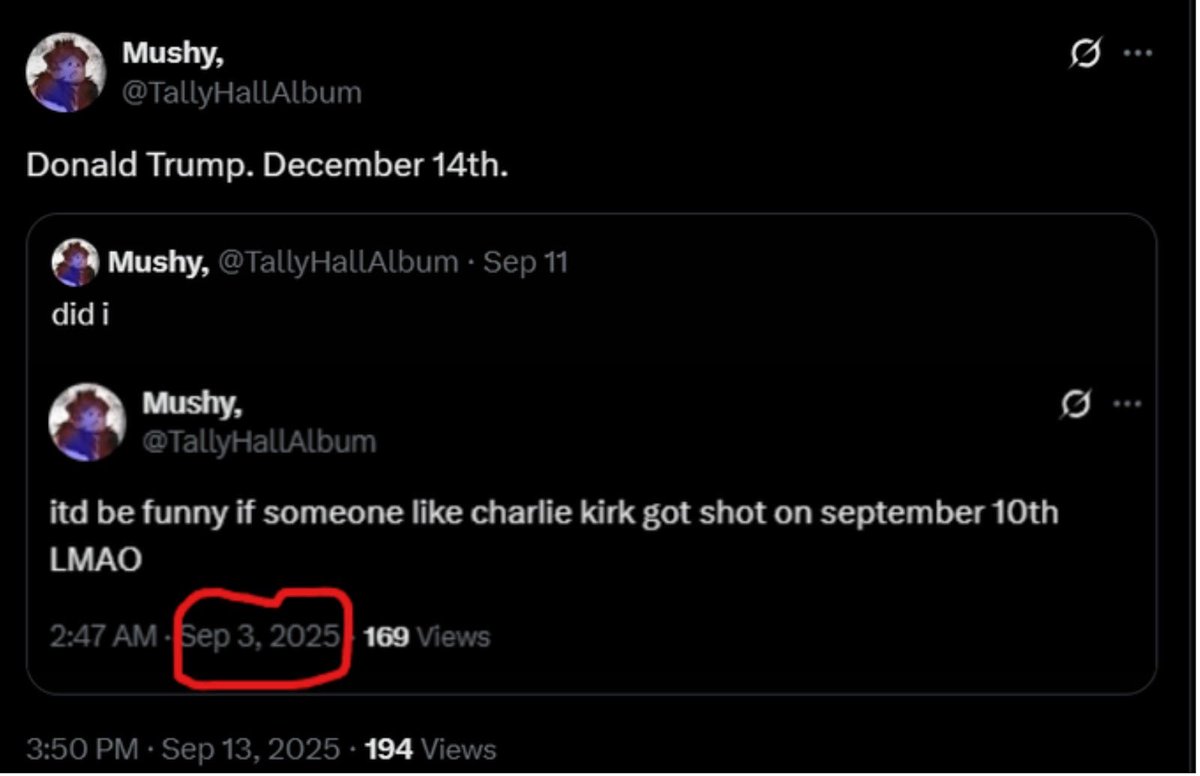
Another account posted on August 6—more than a month before the shooting—that "september 10th will be a very interesting day." After Kirk’s assassination, the account followed up: "I plead the fifth. 
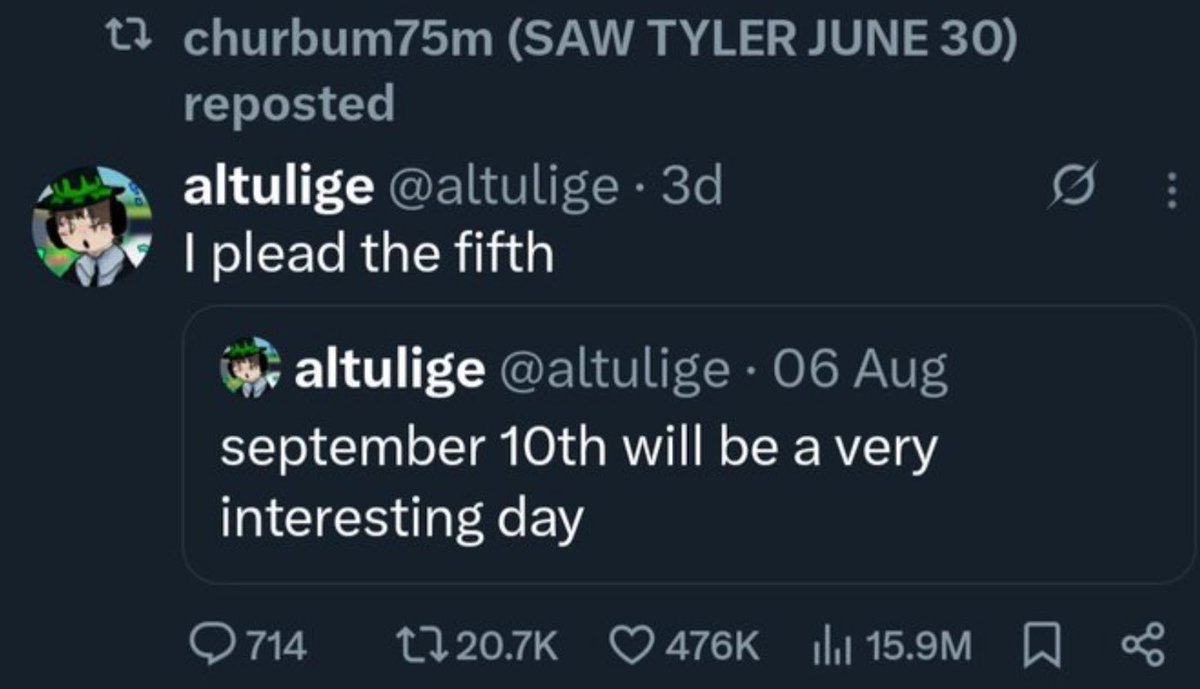
The morbid quip was reposted by an account named "churbum75m (SAW TYLER JUNE 30)," who appears to follow Robinson’s roommate, Lance Twiggs, on TikTok, where Twiggs’s username is "lanclotl." 

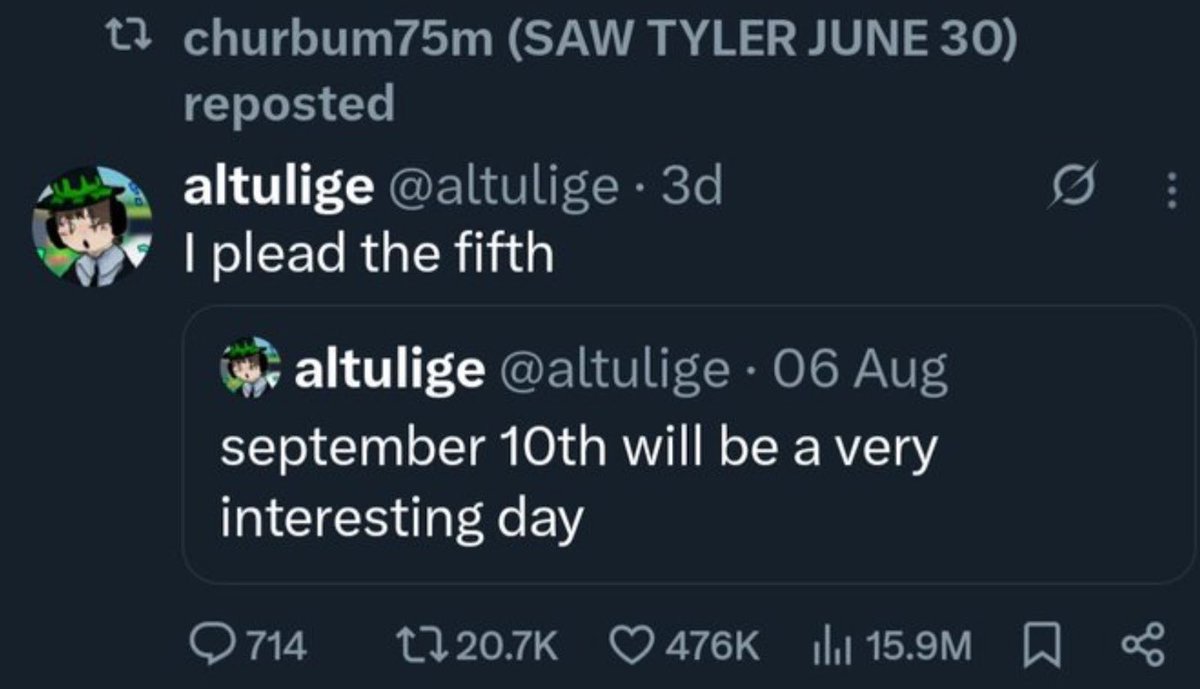
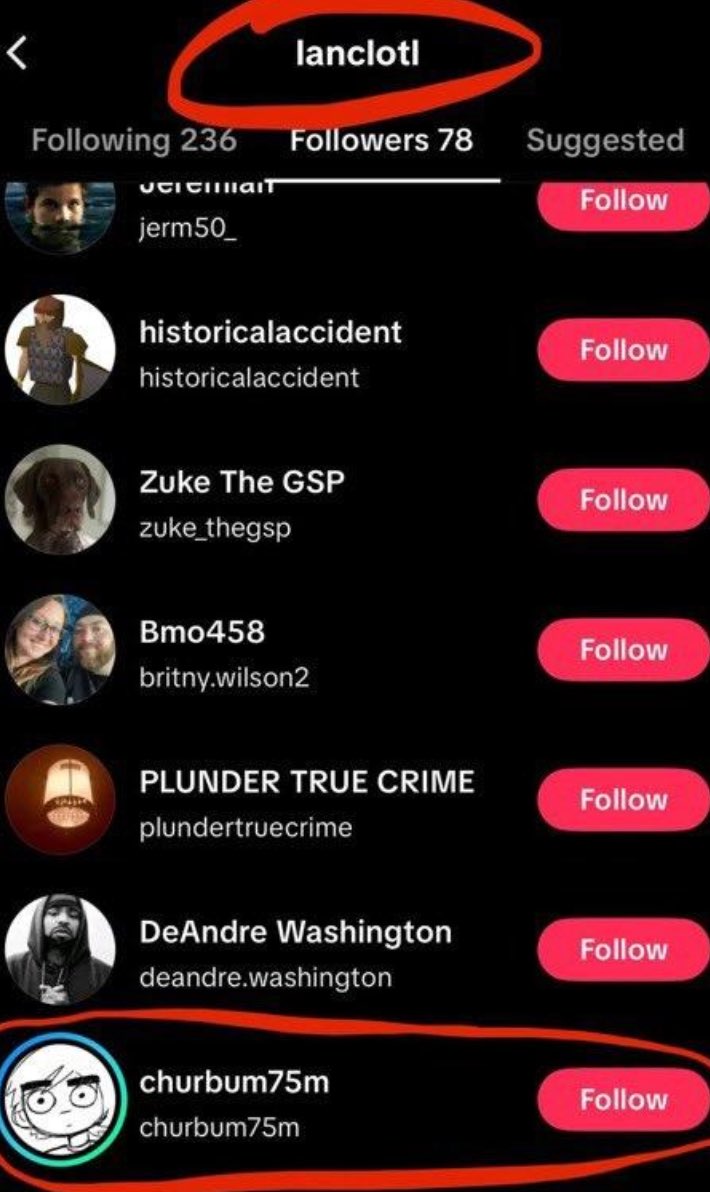
Several of the accounts under investigation appear to be associated with LGBT subcultures. One individual, "Osamu bin Tezuka," used the X handle "@fujoshincel," a reference to a genre of anime that depicts romantic relationships between men. 

Another user, "@NajraGalvz," who had wished death to Kirk and predicted that "something big will happen" when he set foot on campus, had identified as nonbinary on X. 



And in a video posted on TikTok the night before the shooting, an individual who appears to be transgender wrote that "charles james kirk…does not know what’s coming tomorrow." 


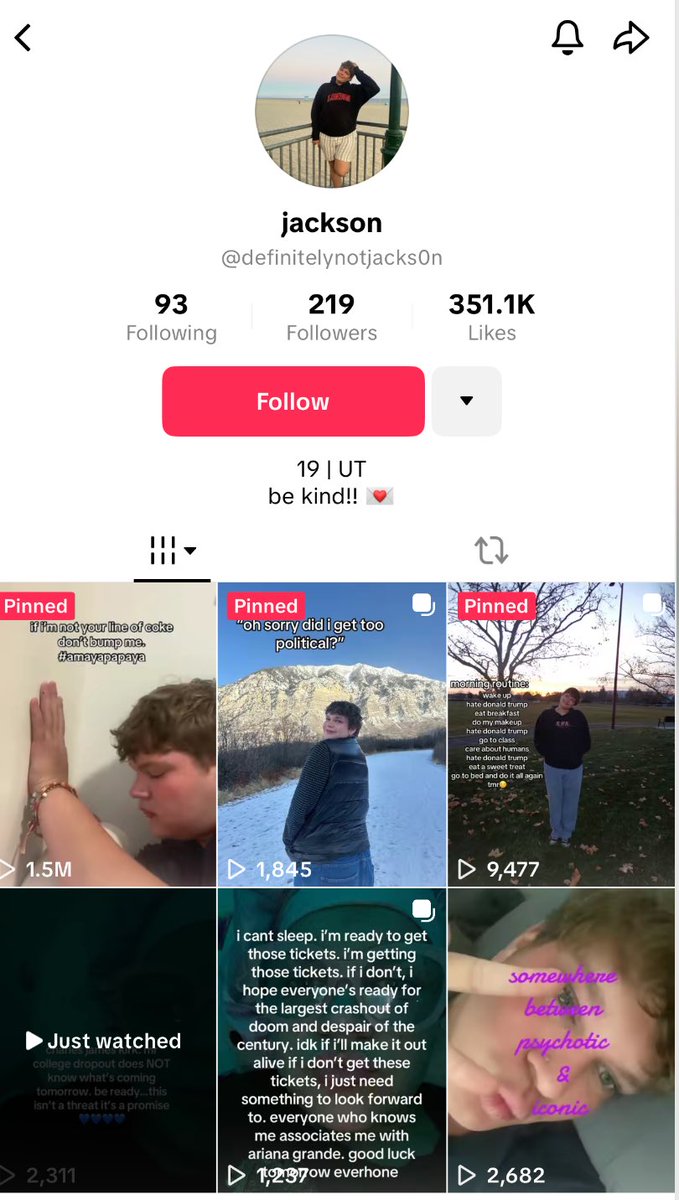
"This isn’t a threat," the individual added. "It’s a promise."
The investigation of the posts comes as the FBI is already examining whether pro-transgender groups knew about Robinson’s plan in advance. That probe, first reported by the New York Post, includes Armed Queers SLC, whose logo features high-caliber rifle bullets.
Read the full story here: freebeacon.com/politics/exclu…
• • •
Missing some Tweet in this thread? You can try to
force a refresh



